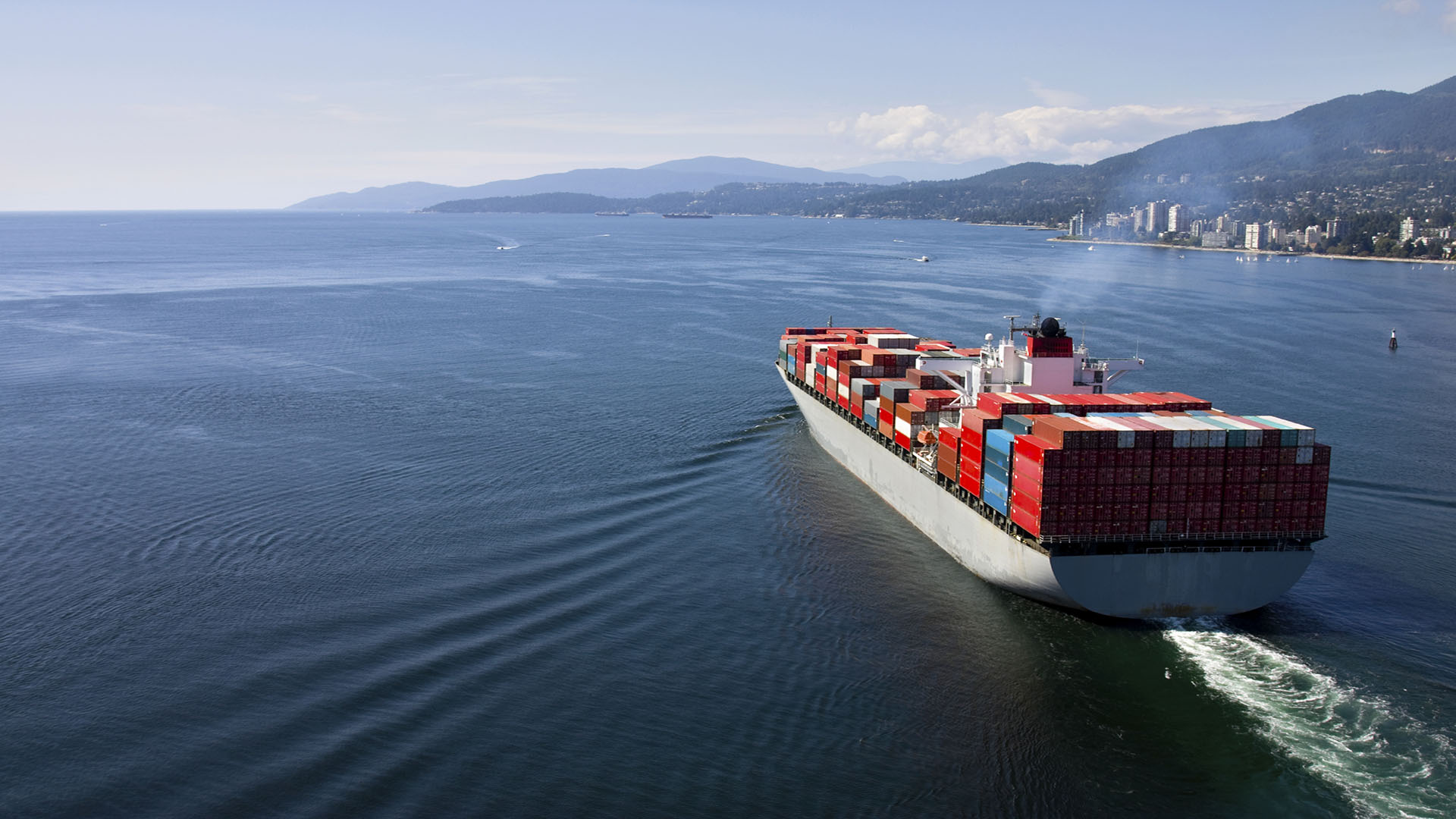
U.S. Customs Confirms Rules for New China-Linked Port Fees
U.S. Customs and Border Protection (CBP) has published final guidance on how the forthcoming Section 301 “port entry fee” regime will be applied when it takes effect on 14 October 2025. The new clarification confirms that vessel operators are solely responsible for determining whether the fees apply and for completing payment in advance of arrival.
According to CBP, any vessel calling at a U.S. port without proof of payment may be denied clearance, refused unloading, or detained until compliance is demonstrated. Payments must be made electronically through the U.S. Treasury’s Pay.gov portal, and operators are strongly advised to submit payment no later than three days before arrival to avoid disruption.
The structure of the three fee annexes announced in April 2025 remains unchanged.
- Annex I applies to vessels owned or operated by Chinese entities.
- Annex II covers Chinese-built vessels.
- Annex III applies to non-U.S.-built vehicle carriers.
LNG carriers are currently exempt. CBP has stated that these rates may be reviewed and increased over time.
The latest clarification also makes clear that CBP will not verify ownership, builder, or operator information on behalf of the shipping industry. It seems operators will need to identify and document these details themselves when deciding which annex applies. This self-assessment requirement may prove challenging where vessel ownership or operational control is shared, such as in chartered or pooled arrangements. Failure to demonstrate payment could lead to operational delays and potential disputes under charterparties or service contracts.
Members trading to the United States are encouraged to review their vessels’ status under the new annexes, confirm which entity is responsible for compliance, and ensure payment procedures are in place ahead of 14 October. Charterers and owners should also confirm how liability for these new port fees is allocated under their contractual terms.
If a charterparty does not incorporate the BIMCO USTR Clause (2025), parties should examine general provisions on port charges and taxes to determine whether they are broad enough to cover these new fees or whether a specific amendment or side letter is needed to allocate responsibility clearly and avoid ambiguity in cases of shared operational control.
If you have any questions to the above, please contact Lucie Ryan, Senior Claims Executive at The Swedish Club